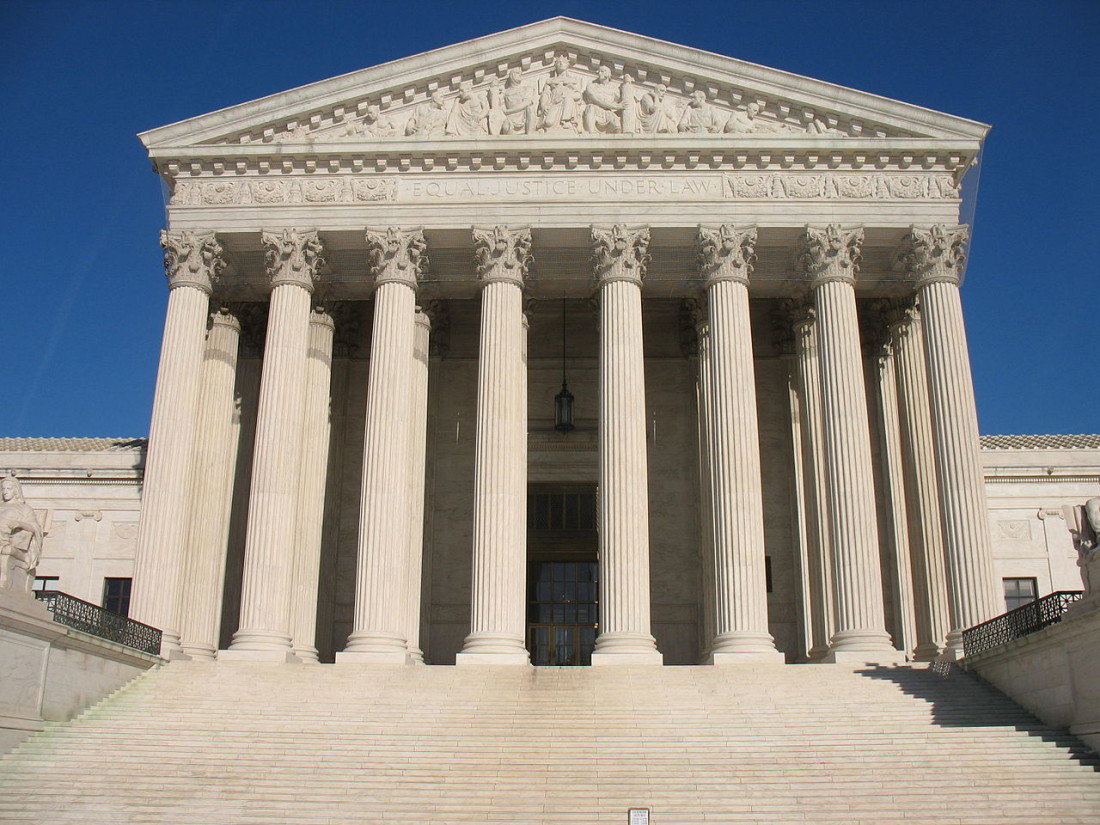Contact Us
Archives
Categories
- FTC
- AI
- Freedom of Speech
- Social Media Policies
- U.S. Supreme Court
- Social Media
- Copyright License
- Collegiate Athletics
- e-commerce
- Online Privacy
- Streaming
- Contract
- Name, Image, and Likeness
- Publicity Rights
- Trade Secrets
- Audit
- Trademark
- Closely Held Businesses
- Copyright
- Employment Law
- Independent Contractors
- Intellectual Property
- Work for Hire
SCOTUS: You Can't Register Someone Else's Name as a Trademark, Especially Not TRUMP TOO SMALL
The Supreme Court made it clear, regardless of any intended message, the First Amendment does not permit anyone to register someone else’s name as part of a trademark. The Lanham Act, the law which governs federal registration of trademarks, (“the Act”), prohibits registration of trademarks containing the names of living individuals without their consent. In the case of Vidal v. Elster, the Court held that such a restriction is not a violation of the First Amendment.
The case at issue came about when Steve Elster tried to register the trademark “TRUMP TOO SMALL,” an application for registration which was rejected by the Patent and Trademark Office. As Elster’s trademark clearly referred to former President Trump without his consent, it came within the clear proscriptions of the Act. Elster appealed the decision, arguing that the “Names Clause” of the Lanham Act violates his right to free speech under the First Amendment. The basic thrust of his argument is that, because this ultimately is a content-based restriction, it is protected free speech. Trademarks that include the names of living people in a flattering way are far less likely to be restricted, as the people at issue are more likely to consent, and there is thus an imbalance in how the restriction is applied based solely on the viewpoint espoused in the content. The Federal Circuit Court of Appeals agreed with Elster, but the Supreme Court did not, upholding the validity of the “names clause” prohibition.
speech under the First Amendment. The basic thrust of his argument is that, because this ultimately is a content-based restriction, it is protected free speech. Trademarks that include the names of living people in a flattering way are far less likely to be restricted, as the people at issue are more likely to consent, and there is thus an imbalance in how the restriction is applied based solely on the viewpoint espoused in the content. The Federal Circuit Court of Appeals agreed with Elster, but the Supreme Court did not, upholding the validity of the “names clause” prohibition.
While the Court had a fair amount of difficulty agreeing on exactly why the Names Clause is not a violation of the First Amendment, what they could agree on – unanimously – is that the restriction is valid. The majority opinion spent much time explaining that it was longstanding “history and tradition” that permitted such restrictions.
But not all is lost by Mr. Elster – all the Supreme Court decision precludes him from is registering TRUMP TOO SMALL as a trademark. The decision does not prohibit him from producing and selling merchandise bearing the comment. Should anyone challenge his efforts to commercialize the phrase, he would be free in that context to contend he has a free speech right to use the phrase as political commentary.
Jack A. Wheat is a Member of McBrayer PLLC. Mr. Wheat focuses his practice in the areas of intellectual property, trademarks, copyright, entrepreneurial law, infringement litigation and hospitality & tourism law from the firm's Louisville office. Contact Mr. Wheat at jwheat@mcbrayerfirm.com or (502) 327-5400, ext. 2308.
Services may be performed by others.
This article does not constitute legal advice.

